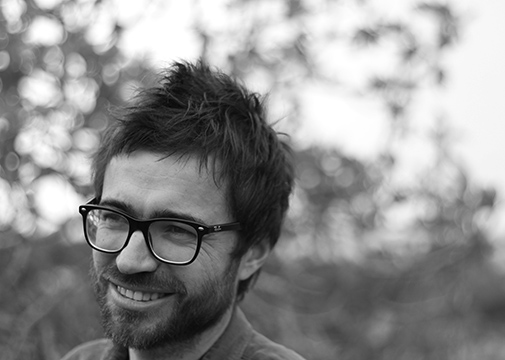
Denis Bogoević Marušić looks like he could be at home in Williamsburg, Brooklyn rather than a third generation Croatian winemaker. He is a traditionalist with a respectful understanding of Croatian wine customs as well as a proponent of utilizing winemaking traditions such as biodynamcis. These biodynamic philosophies help to further the goal of producing terroir-focused wines.
Denis makes 500 hundred cases of wine, predominantly Plavac Mali in Postup and Prinzdrina.
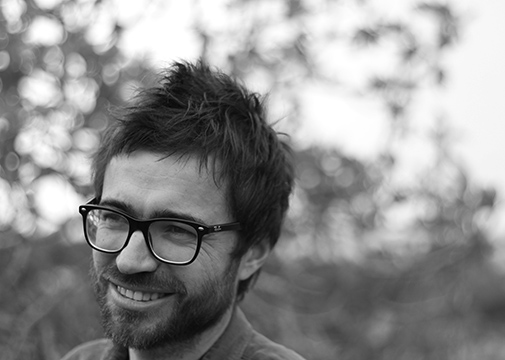 Christopher Barnes: Denis talk about your journey into wine. How did you become a winemaker?
Christopher Barnes: Denis talk about your journey into wine. How did you become a winemaker?
Denis Bogoević Marušić: My journey was completely different than the known winemakers of this area, because I was born in Split, in town. It's a completely different philosophy and a different lifestyle there. I moved here and, as a man with a really strong passion, I discovered from the local people who were born here and from my philosophy and some kind of modern style. I think that impacted my wines — a combination of the modern style and the traditional style.
Talk a little bit about the terroir here, Denis.
The terroir is really amazing because we have beautiful landscapes. We are influenced by the sea and by the sun, especially in the summer. And from the variety, this local variety, that used to live on this land. So, it's maybe the best combination.
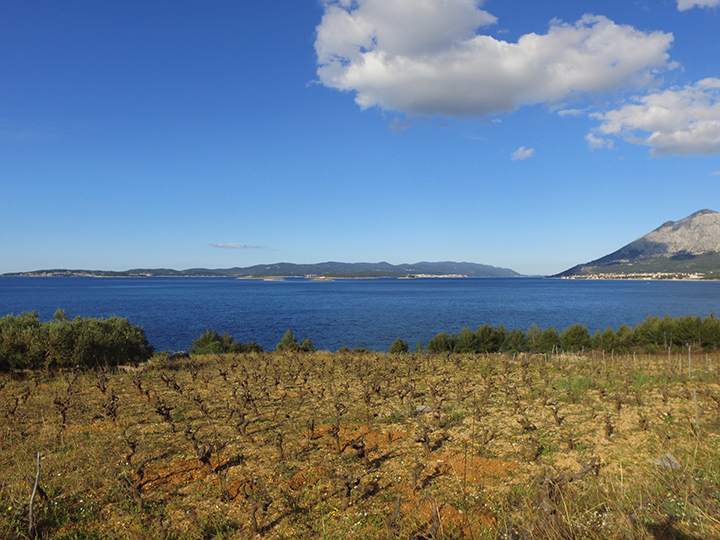 And what kind of soils are there?
And what kind of soils are there?
So this is red soil, and this is a combination of the soil and the rocks. Maybe even more rock than soil, and it is really mineral, beautiful soil for the Plavac Mali variety.
And it's a combination of limestone.
Yeah, it is, it's a combination of limestone so we have this combination of the limestone, also dolomite, but here is the limestone.
And the red clay, is that what gives the gravelly part, the color?
Yes, it does. And then there are the minerals from the stones and the influence from the sun. It is really that combination that is beautiful for Plavac Mali. It's a really hard situation in the summer period because we have lots of sun. But this type of grape, these native grapes are great for good wine.
Tell us a little bit about the native grapes. Plavac Mali is a very interesting local grape, and very unique to this region.
Yes, Plavac Mali was born here and most of Plavac Mali in Croatia is from here. About 70% of the Plavac Mali is here. The best position for Plavac Mali is from the Postup and Dingač area, and in other regions especially in steep-slope vineyards. That steep slope produces small amounts of wine, even less than half a kilo. But the concentration, everything from the tannins from that variety, from those vineyards are the best.
Take a 360 degree virtual reality tour of Denis' winery and vineyards. This experience only works in certain browsers including Google Chrome. You can also experience the VR tour directly on Youtube.
Plavac Mali has an interesting history. Can you explain where it's from?
Actually it's a combination from different varieties, maybe the famous variety Zinfandel especially in the States and from other local varieties. The birds actually made a Plavac Mali in the past. And today we have the tradition of Plavac Mali.
If you had to describe Plavac Mali to somebody who has never tasted it, how would you describe it?
It's really hard to describe. Even the Zinfandels are different. Everywhere it is different. The Cabernet from France and from Croatia are different. The Plavac Mali is perhaps a combination that includes that Zinfandel, so it's really a rich variety with lots of sugar, of course, and alcohol in the wine, but it has a really special flavor. Perhaps we can call it the flavor of the Mediterranean, or perhaps from the figs, or, I don't know different herbs, but it's essentially Mediterranean and original.
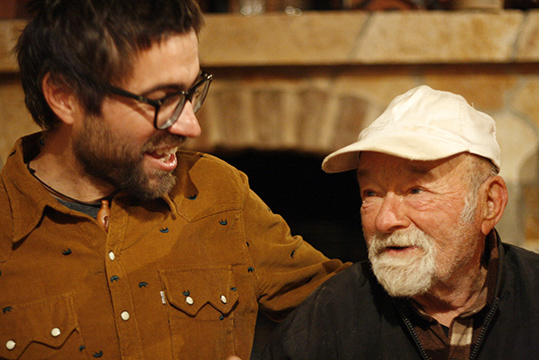 Denis, talk a little bit about your philosophy of viticulture and your philosophy of winemaking.
Denis, talk a little bit about your philosophy of viticulture and your philosophy of winemaking.
My philosophy is actually traditional. I don't use anything. I am lucky, I don't know. I'm open-minded, I think. So I don't use herbicides. I do not use anything actually. So I try to make biodynamic wines. I really believe in the power of yeast of Plavac Mali and the other varieties here because we have a really great opportunity to make wine without anything added. So it's really natural, a natural story. So natural tastes in Plavac Mali. Only wood and the yeast and that's it.
Talk a little bit about organics in this area. It seems to be a climate where you can really embrace organics.
Of course. We have lots of wind. So it's a great climate for that story. But unfortunately, we need much more open-minded producers, because in the past, every producer was organic. I don't know if it will be normal in the future, if everybody will be organic.
For people who don't know anything about Croatian wine, it's got a very long historical background and at the same time there's a newness to the industry.
Yes, it is. We have a very long history from the Greeks and the Romans, that's true. But we have maybe periods in the past when, I don't know, the local producers, the private winemakers had problems because they had really big cooperatives in the former country of Yugoslavia. Today we have lots of opportunity to make new, modern, traditional, I hope, organic and biodynamic wine.
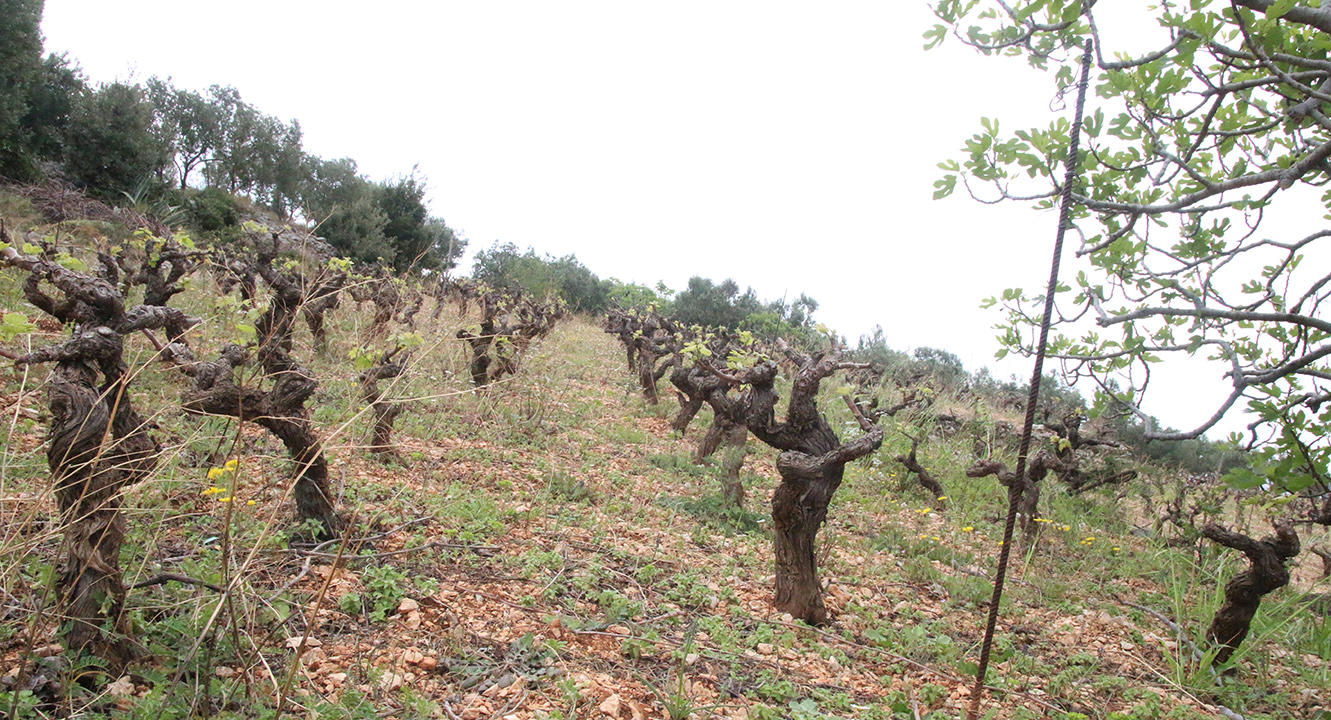 You had the cooperatives under communism and you also had families who were making their own wines. And once communism fell, of course, there was the big war. How did that impact people's ability to make wine?
You had the cooperatives under communism and you also had families who were making their own wines. And once communism fell, of course, there was the big war. How did that impact people's ability to make wine?
We had that transitional period just so that people got used to the new situation. Actually, maybe in my opinion, it wasn't a new situation, because before the cooperatives, people made wine at home—in their homes and in their own wineries. But, I don't know, in maybe 50 years it completely changed, and today we see the impact of the war and a completely different philosophy and the impact from industry and the bad industry, of course. Today it is much easier to produce wine than it was before, during the 20 years of war period.
How do you see the future of wine in Croatia, Denis?
I think that Croatian wines in the future will be much better known than today. We really have lots of opportunity because of our varieties. We have really beautiful varieties—varieties which are grown only here. It's not a Cabernet or Chardonnay story; it’s a Plavac Mali, Grk, Pošip story. It’s our story. So we must work with these varieties and constantly work with the quality. And I think in the future, it will really boom in the worldwide story.
Talk a little bit about the indigenous varieties.
In my opinion, it's always the best story because it's nature's story. Nature loves the children. The children of this nature are Plavac Mali or Grk or I don't know, Pošip. I think it always will be the best story.
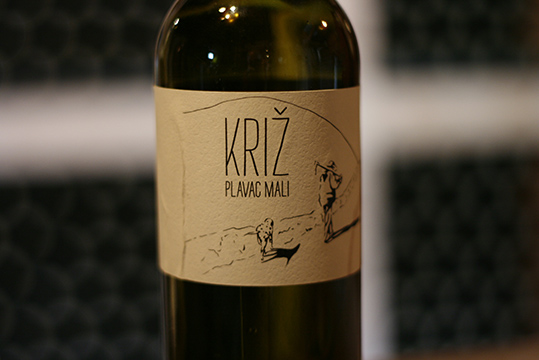 Grk is very unique. It's something that I've never really tasted before.
Grk is very unique. It's something that I've never really tasted before.
Yes. It is. It's really a unique variety and in genetics it's completely unique. Because it only has functional female flowers and it needs another variety, in this case Plavac Mali, in a flourishing period. It's really unique because of that bitterness. The terroir and everything are what Grk make so special.
How much wine are you making right now, Denis?
I make four wines, but it's actually always Plavac Mali. All of it's local variety. So Plavac Mali and the Grk. Two different Plavac Mali wines, always the same variety from different positions. Also, rosé from Plavac Mali and the Grk. So that's it.
Fantastic.
The Grk is macerating, unfiltered wine, always native yeast, nothing added and that's it. The sulfer is maximum 10 milligrams, so I think it is really natural.
(Photography by Piers Parlett)
For more on Croatian wine check out:
Nikola Plenković of Zlatan Otok
Ivan Miloš on the Pelješac Peninsula
Želko Garmaz's Grape Collective feature Croatia: A Land of Wine Stories
Georgio Clai is Putting Istria on the Map
Also check out our interviews with Mike Grgich and Professor Carole Meredith














